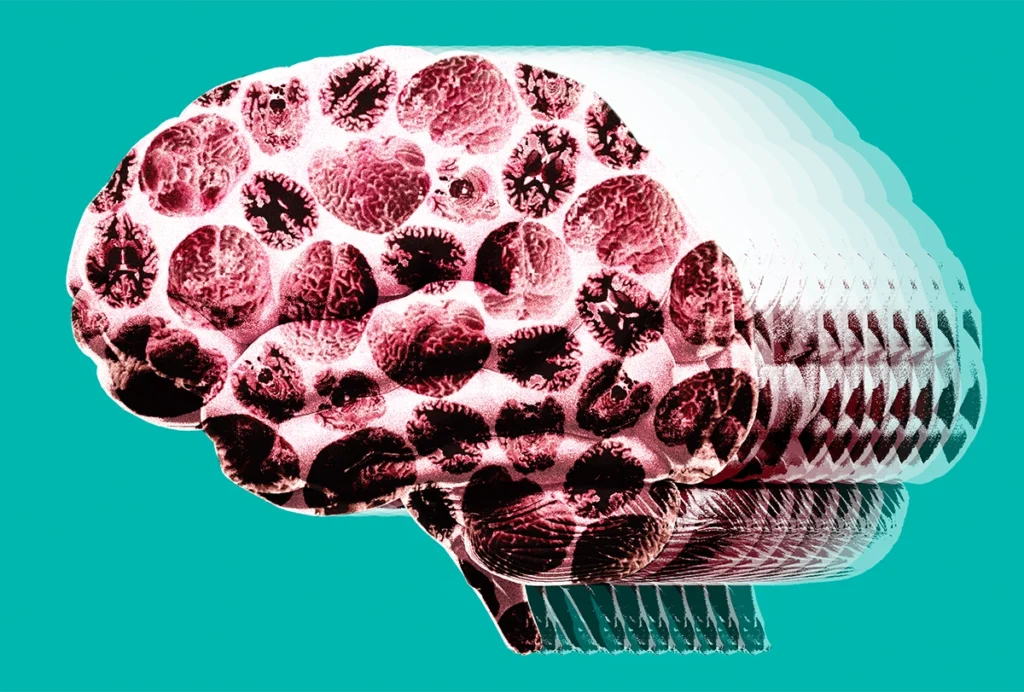Scott Marek is assistant professor of radiology in the Mallinckrodt Institute of Radiology at Washington University School of Medicine in St. Louis. Marek received a Ph.D. in neuroscience from the University of Pittsburgh, where he gained expertise in pediatric neuroimaging with Beatriz Luna. Subsequently, he completed a postdoctoral fellowship with Nico Dosenbach at Washington University School of Medicine, where he gained expertise in functional mapping of individual brains and leveraging big data to quantify the reproducibility of brain-wide association studies. He now runs his own lab focused on precision imaging and deep phenotyping of adolescent twins with depression, as well as population neuroscience approaches using large datasets, such as the Adolescent Brain Cognitive Development (ABCD) Study.

Scott Marek
Assistant professor of radiology
Washington University School of Medicine in St. Louis
From this contributor
Breaking down the winner’s curse: Lessons from brain-wide association studies
We found an issue with a specific type of brain imaging study and tried to share it with the field. Then the backlash began.

Breaking down the winner’s curse: Lessons from brain-wide association studies
Explore more from The Transmitter
Two neurobiologists win 2026 Brain Prize for discovering mechanics of touch
Research by Patrik Ernfors and David Ginty has delineated the diverse cell types of the somatosensory system and revealed how they detect and discriminate among different types of tactile information.

Two neurobiologists win 2026 Brain Prize for discovering mechanics of touch
Research by Patrik Ernfors and David Ginty has delineated the diverse cell types of the somatosensory system and revealed how they detect and discriminate among different types of tactile information.
Shifting neural code powers speech comprehension
Dynamic coding helps explain how the brain processes multiple features of speech—from the smallest units of sounds to full sentences—simultaneously.

Shifting neural code powers speech comprehension
Dynamic coding helps explain how the brain processes multiple features of speech—from the smallest units of sounds to full sentences—simultaneously.
Astrocytes orchestrate oxytocin’s social effects in mice
The cells amplify oxytocin—and may be responsible for sex differences in social behavior, two preprints find.

Astrocytes orchestrate oxytocin’s social effects in mice
The cells amplify oxytocin—and may be responsible for sex differences in social behavior, two preprints find.